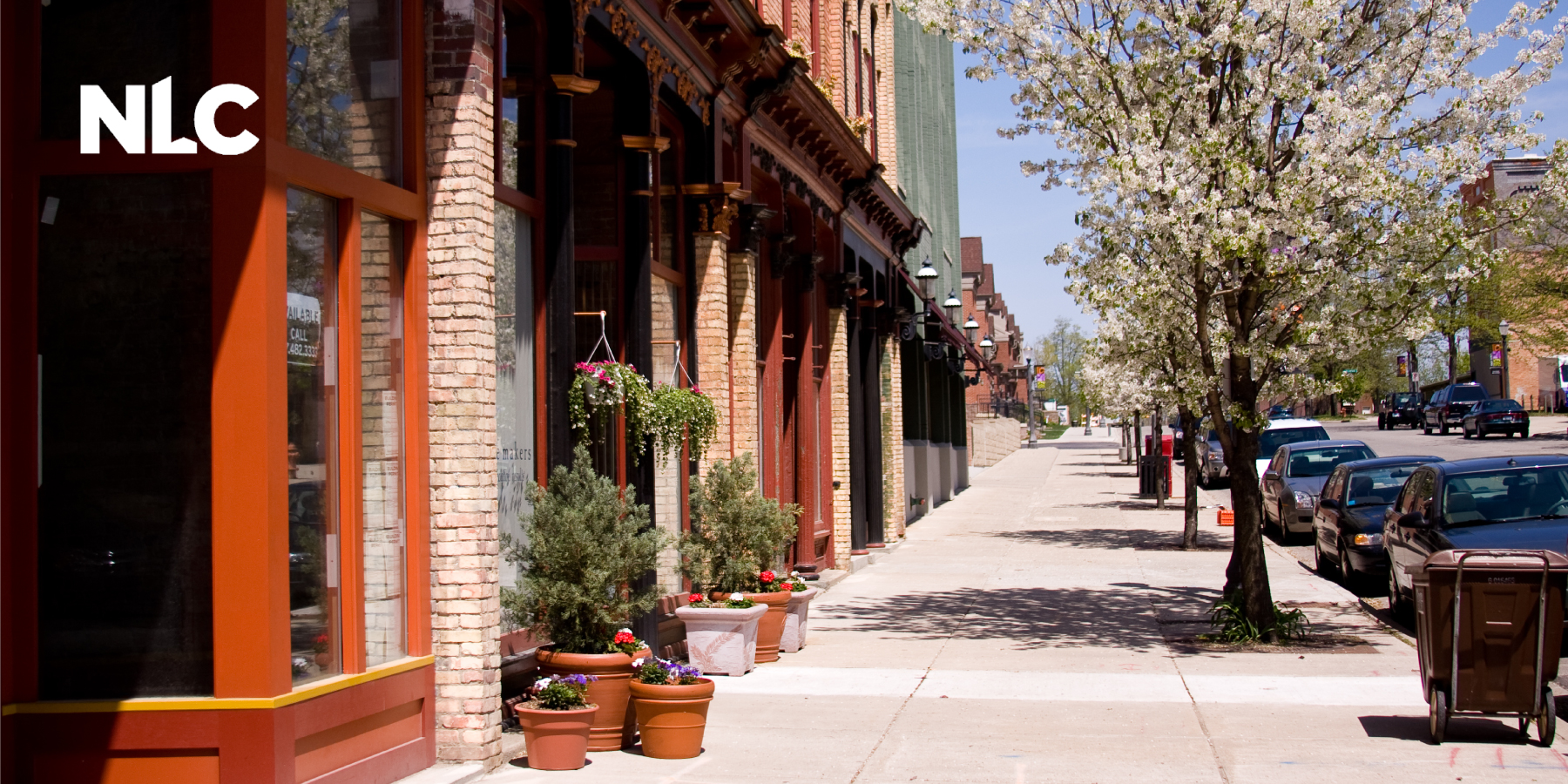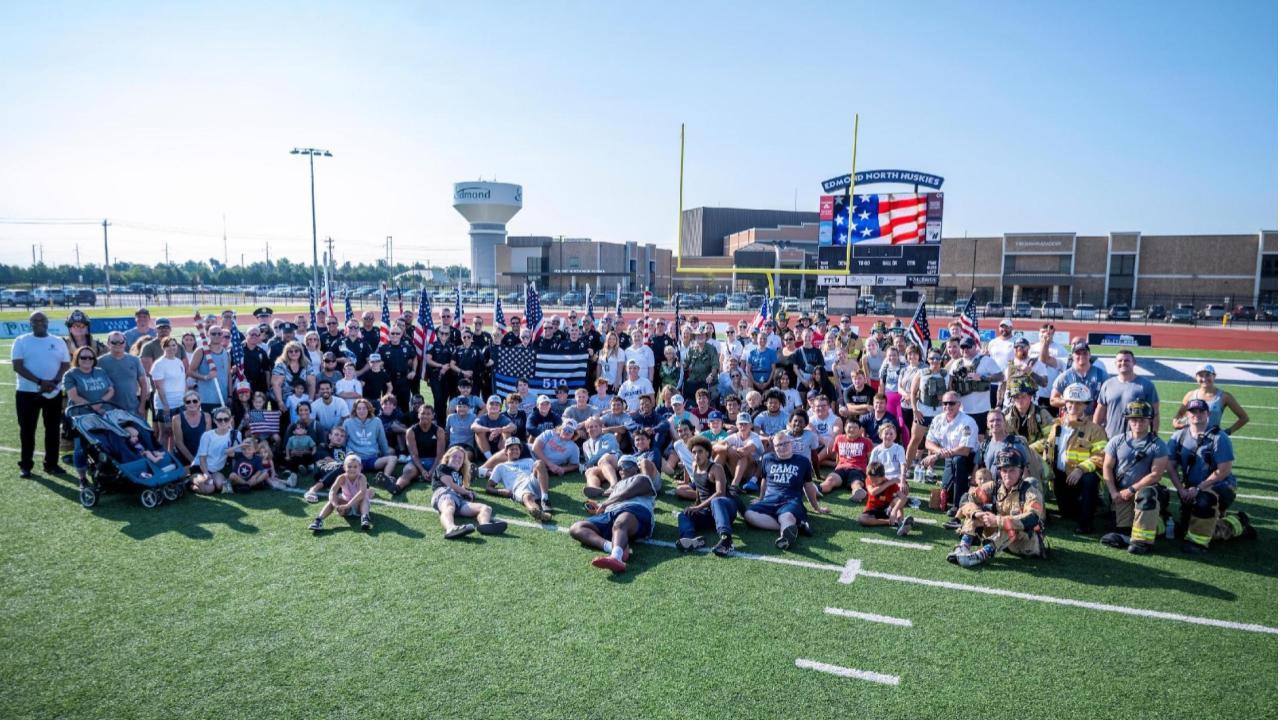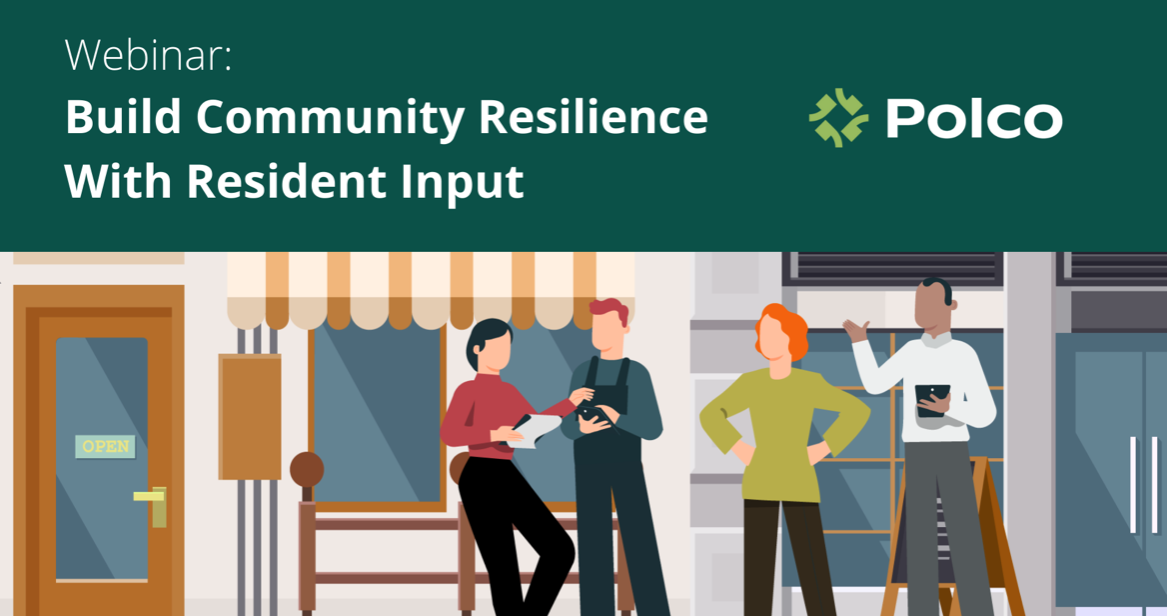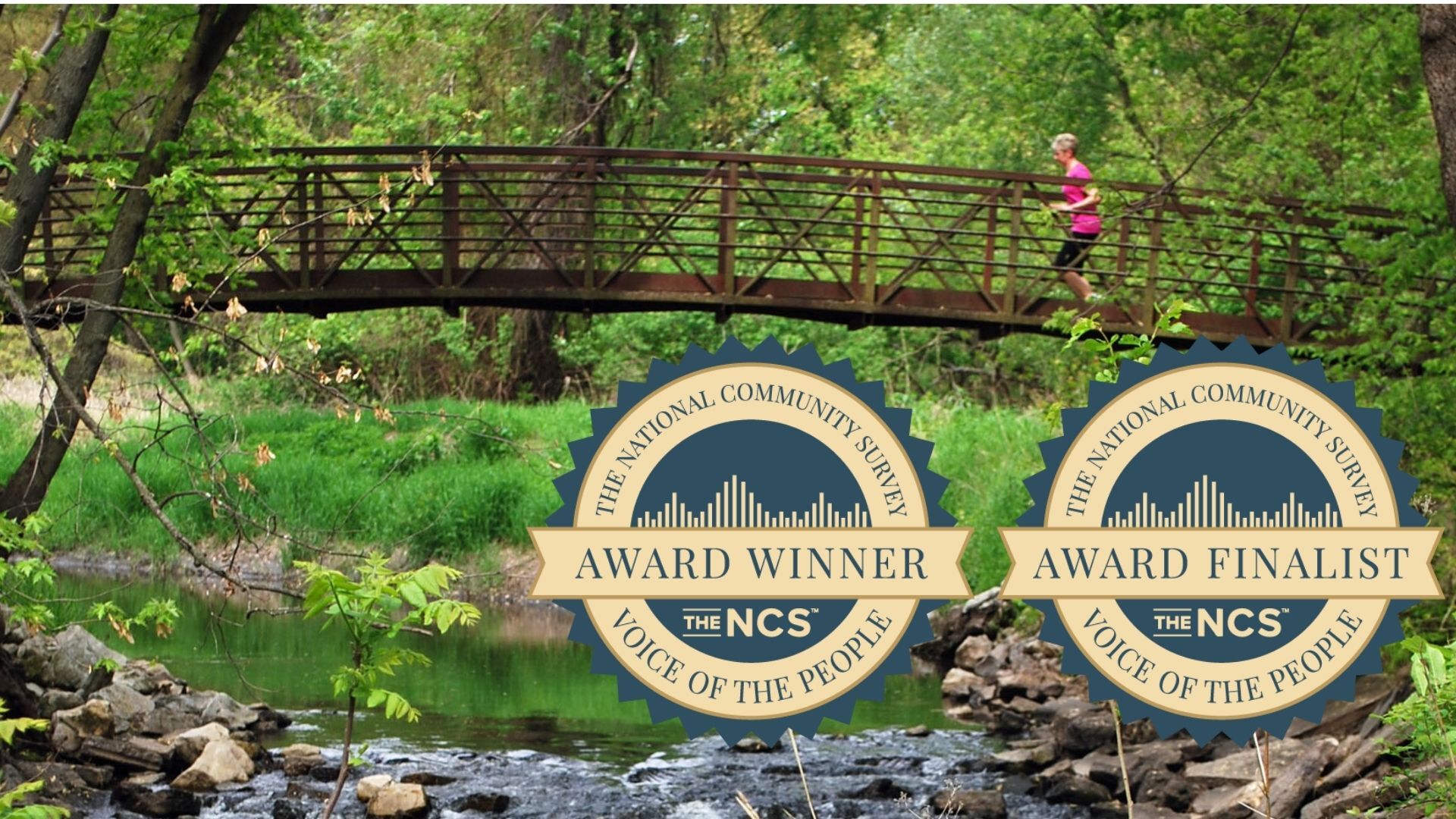How Resident Feedback Can Help You Build Community Resilience
By Polco on May 5, 2022

- Webinar in partnership with National League of Cities (NLC) -
As the nation moves into recovery, now is the time for local governments to plan for resilience into the future. Let's talk about how feedback from your community can help.
Compounding social and environmental issues such as Covid, natural disasters, civil unrest, unemployment, and other economic setbacks have challenged communities across the nation over the past few years. But forward-thinking local governments include resident feedback in decision-making in order to foster a faster recovery and foster resilience for the long term.
This webinar is presented in partnership with National League of Cities (NLC). We hear how city officials use community feedback to put policies in place that create resilience in a changing world.
We also hear what data leaders should know from The National Community Survey (The NCS) and learn best practices from engagement experts at Polco.

How does your local government gather and use community input to guide strategic planning?
Having a tight-knit community means that listening to your residents about certain issues is important. It shows that you care not only for the future of your community but its health and well-being as well. Residents should have a voice in decisions that affect them.
One way to create an engaged community is through The National Community Survey (The NCS). The NCS is a scientific benchmarking survey that provides a comprehensive and accurate picture of livability and resident perspectives.
Local governments like Scottsdale, Arizona, use data from The NCS to find areas where they are struggling and create strategies to improve.
“It helps us dive deeper into some areas where we feel like the data is telling us, ‘Maybe things aren’t so rosy.’ And it’s great to have the public tell you that 96% of residents are either satisfied or very satisfied with their quality of life… But if we look deeper into the data, we see that younger residents and people of color didn’t feel as strongly,” said Kelly Corsette, Communications and Public Affairs Director of Scottsdale, AZ.
Using The NCS, Scottsdale creates programs and action plans that make all of their community members seen and heard, not just the vocal few.
To PJ Gagajena, Assistant City Manager of Moorpark, CA, internally communicating city council goals is tantamount to their organization’s success.
“It’s really important that they keep [goals] at the top of their mind every day, and it really helps them connect with the work they do,” he said.
Make sure your staff knows that what they do matters. This will help them do their best work possible.
How does resident input help your community become more resilient over time?
Through community feedback, city leaders make better decisions. They also become better at building things their community wants. They become better at addressing the needs of residents.
Also, internally asking city employees about their needs helps leaders to understand where some departmental gaps are, so they can effectively address challenges. Internal surveys, working together as a team, and finding collaborative solutions helps leaders understand their employees, and make sure they know that they matter. This, in turn, drives higher job satisfaction.
“We greatly value resident engagement and open, transparent communication. That starts with our city council, our city manager, and it spreads out to every employee,” says JP.
Creating a culture of inclusion makes everyone feel like they’re valued not only as an employee but as a human. Prioritizing both of these highly is vital to a thriving community.
What would you recommend to community leaders interested in building overall resilience?
Build relationships with your community in advance. Listening to and engaging your residents helps to build trust, support, and a more resilient community. Along with this, it’s equally important to make sure city staff feel supported through any and all situations. They should feel empowered to handle anything thrown their way.
Community decision-makers and staff are important in many ways. If they don’t feel supported, then your organization’s foundation will crack. With unprecedented events like COVID-19, community leaders were forced to adapt and overcome many challenges. As Corsette mentions, “The community is only going to be as resilient as its local government.”
Additionally, it’s important to understand the strengths and weaknesses of your community. In the unfortunate case that a natural disaster strikes or a pandemic wreaks havoc on the globe, being able to shift and adjust plans will build resilience in the long run.
Finally, it’s important to remember that local government is in the customer service business. Local government leaders are here to work with businesses and residents in the community, and communication is a valued and necessary part of that business. Without those strong lines of communication throughout, trust and confidence are lost.
Michelle Kobayashi, Vice President of Innovation at Polco, says data and resident feedback play a significant role in building community resilience.
Michelle also adds that collaborating, communicating, creating, and thinking critically are very important to community resilience.
Collaborate
Not only is it important to collaborate with city staff, council, and residents, but it’s also important to collaborate with other governments, nonprofits, and businesses. Collaboration and communication build relationships and relationships help to build community.
Create
Being able to collaborate, create solutions, and plan with others intentionally can aid how communities move forward.
Think Critically
Having the ability to look backward, analyze your pitfalls, and critically evaluate your situation as time moves on is necessary.
Communicate
Communicating with residents and stakeholders is necessary in order for them to provide actionable feedback. Closing the loop and sharing survey results, talking with staff and residents, and getting to the bottom of those hot-button issues is more important than ever before.
Q & A
Q: As you start to think about modifications in your work environment, is there anything that’s working really well for you that you suggest people pay attention to?
Speaker Kelly Corsette answers, “As a Director, I have the flexibility to determine what’s working for my team, and that means I’ve got a ton of staff that are still working from home more frequently. And that’s working for us and it’s helping them as we come out of this shutdown.”
“But although that does work for my team,” Corsette continues, “It doesn’t work well for others. What our City Manager did was empower the directors to make those decisions that work for their groups.”
Q: For any survey for feedback on public engagement, what are the most basic questions?
Corsette answers, “One of the things we’ve done for many years in the custom portion of The National Community Survey is to ask residents where they get their information about what we’re doing… As difficult as it is to understand this, the mainstream news media is still a massive source of information for what government is doing in our community.”
Speaker Michelle Kobayashi also answers, “Breaking down those data by resident sociodemographics can be very useful too. Because it may be that people of a certain age, a certain gender, or a certain area of the city prefer to use one form of communication over the other. It’s important to keep that in mind when you’re communicating … It’s not often one-size-fits-all.”
Related Articles
- How Small Communities Can Best Leverage Resident Feedback
- How Community Feedback Drives Economic Success With ARPA Funds
- How To Build Community Resilience with Input-based Planning
Popular posts
Sign-up for Updates
You May Also Like
These Related Stories

How Edmond Drives High Resident Satisfaction With Public Safety Services

How To Build Community Resilience with Input-based Planning

